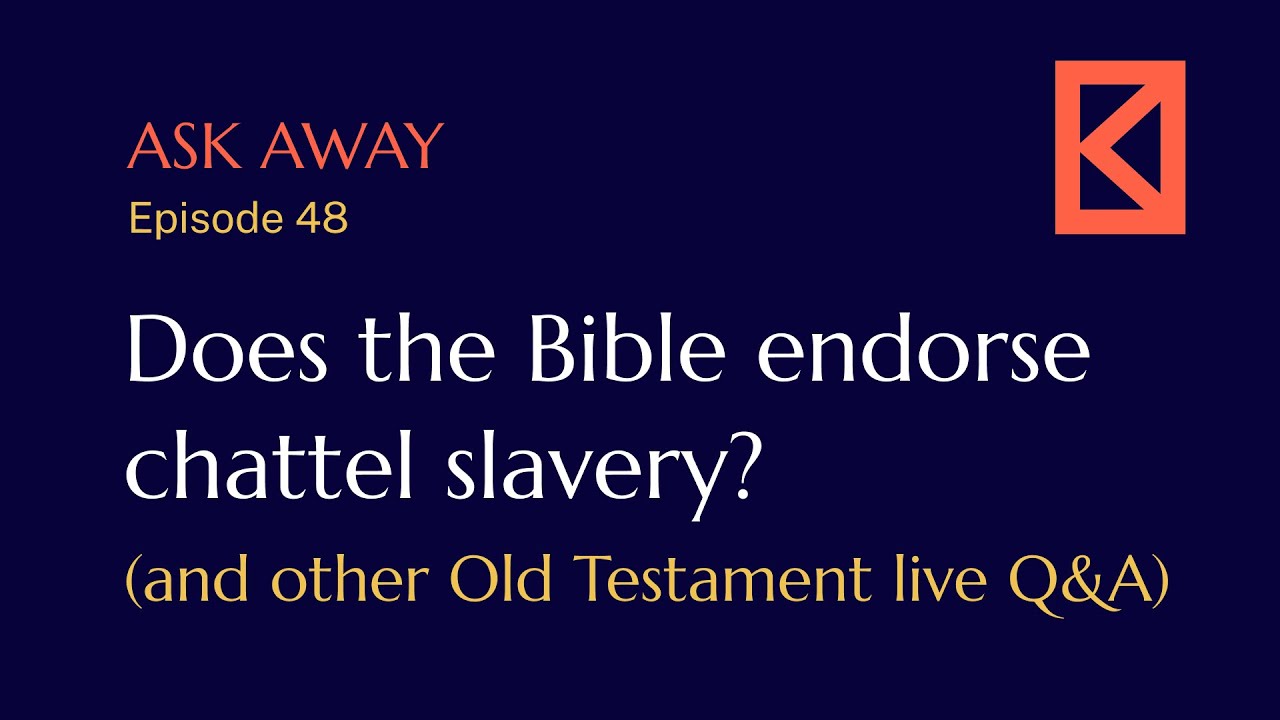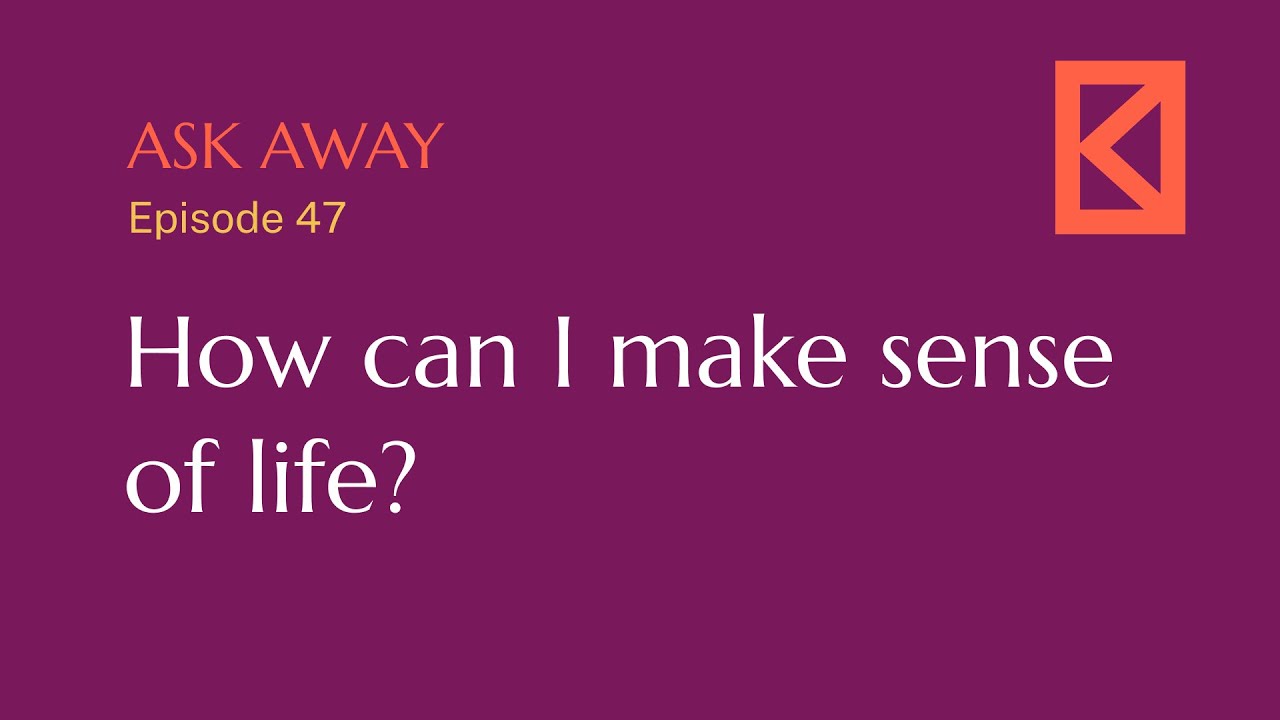The first sign that something was terribly wrong was the silence. On the ultrasound monitor, my husband, Vince, and I saw our baby bundled up in sweet repose. But where was that rapid staccato of a beating heart? Our ears, straining to sound out life, were met with nothing but deafening silence.
Next came the noise—words that lost their meaning as quickly as they were uttered. No heartbeat. Died at ten weeks. Miscarriage. Condolences. Product of conception. That last phrase stuck with me, stuck in me. Product of conception. When we entered the room, they called our child a baby. We left with a product of conception.
Then came the questions. Is this all there is? Ten weeks and a dead end? We had already planned to call our child “Luca,” a fitting name for a boy or girl that means “light.” How could our Luca—our Light—have spent her life in darkness, never to be seen, never to be heard? How could she be a product of conception condemned as waste? Our emotions fought against each other. A tide of fear would surge only for hope—battered but unyielding—to arise in its wake.
There were two weeks of waiting. A pregnant pause, if you will. My body, as if in denial along with my heart, persisted in its pregnancy symptoms, doggedly proceeding as if everything were normal. In some ways, our status had not changed. We were still expecting. But the question became: expecting what? What should our expectations be now for the little one held in the shelter of my womb, loved yet lifeless?
And, so, caught in the tension between hope and fear, suspended between death and life, expecting without knowing what our expectations should be, Vince and I entered into that agonizing advent season.
Advent: coming in Latin.
Advent: the anticipation of the coming of the Christ.
Advent: waiting on a child.
Or in our case, waiting on two children. One came to us five years ago in tears and sweat, blood and death. The other arrived two thousand years ago in tears and sweat, blood and life. And yet the two children are intrinsically linked: from out of that life lit in Bethlehem blazes the life of our own longed-for child.
“O little town of Bethlehem, how still we see thee lie,
Above thy deep and dreamless sleep, the silent stars go by.
Yet in the dark street shineth the ever-lasting light,
The hopes and fears of all the years are met in thee tonight.”
Hopes and fears—great and small, global and personal—are all bound up in the birth of an everlasting light. And this light could not be dimmed even when our Luca came to us, a little light on a dark evening, still tiny at only ten weeks. She was one and a half inches of perfection. Looking down at Luca, lying with eyelids closed and little arms and legs curled up in the palms of our hands, we knew without a doubt that this was no mere product of conception. This was a human person. This was our child. As a colleague shared with me, this was not the loss of a potential life, but the loss of a life with great potential. And yet, as we held our baby, we clung to the belief that Luca’s great potential was not lost. Another friend, unaware of Luca’s name, had said to me on what ended up being the morning of my miscarriage: “Jo, God has put a light in you, and that light will never stop shining.”
“In him was life, and that life was the light of all mankind. The light shines in the darkness, and the darkness has not overcome it.” John 1:4-5
This inextinguishable light is found in Jesus, who was borne by his mother, Mary. The early church referred to Mary as Theotokos (“God-bearer”): the one who carried divinity within her body and who sustained the son of God by her blood. Imagine that: the life that was the light of all mankind tucked away in the warm darkness of a womb. When Mary laid her hand upon her stomach and felt that faint heartbeat throbbing against her skin, little did she know that tiny drumbeat sounded the salvation of every human heart. When we lost Luca, my body felt hollowed out, as in the most terrible parody my womb became first a burial ground, then an empty tomb. But when Mary gave birth to Jesus Christ, she gave birth to the hope of every mother who has buried a child. She bore the Son who empties out tombs—starting with his own—and who raises life right out of the grave.
I have never seen a more spectacular sight than the leaf change in Georgia. It stretches out over weeks and months as the trees bleed out every drop of color before finally surrendering their tired leaves. The week we learnt about my impending miscarriage, I stood with someone by a window admiring the foliage and she unknowingly said, “Look at the colors. They are glorious. The trees are dying, but what beauty there is in that death.”
Death is not beautiful. Death is wrenching; death is devastating. But as we rowed out in a boat one day in late autumn to bury Luca in a lake and I watched the last of the golden leaves floating through the air on a quiet breeze, I understood what she meant. Luca’s death was not beautiful. But, oh, the emotions that came bleeding out of Vince and me in every hue to color that farewell: fierce anguish, deep sorrow, unshakable conviction, blazing hope, excruciating love. Just as winter lays autumn bare, so too death strips away every soft outer layer to expose the veins that really run through you, revealing what lies at the bedrock of who you are.
What we found there was a light, shining in the darkness, which the darkness could never overcome. So we relinquished Luca to God, to the God who once became a child so that he could invite every child ever born into his kingdom (Luke 18:16-17). And as we did, the whole dark surface of the lake lit up with radiant sparkles, the ripples in the water reflecting the light of the sun. In that moment, hope settled within us that began to stem the tide of fear with true expectations: Luca too was reflecting the light of the Son, and He is a light that will never stop shining.
This advent, the darkness may be excruciatingly deep. The loss in your own life may be profound. But Scripture reminds us that we do not grieve as those without hope (1 Thessalonians 4:13). Rather we look to the coming of Christ: not just a coming into our world, but an advent of Jesus into our hearts. Mary, the Theotokos, may have borne Jesus Christ. Ultimately, however, it is Christ who grew to bear her, just as he bore the salvation of all of us upon his shoulders, holding the life of the world secure in the scarred palms of his hands.
This advent season, we are waiting on a child. A child born to carry the hopes and fears of all the years.
May he be born in us today.
“O holy Child of Bethlehem
Descend to us, we pray
Cast out our sin and enter in
Be born to us today
We hear the Christmas angels
The great glad tidings tell
O come to us, abide with us
Our Lord Emmanuel.”












